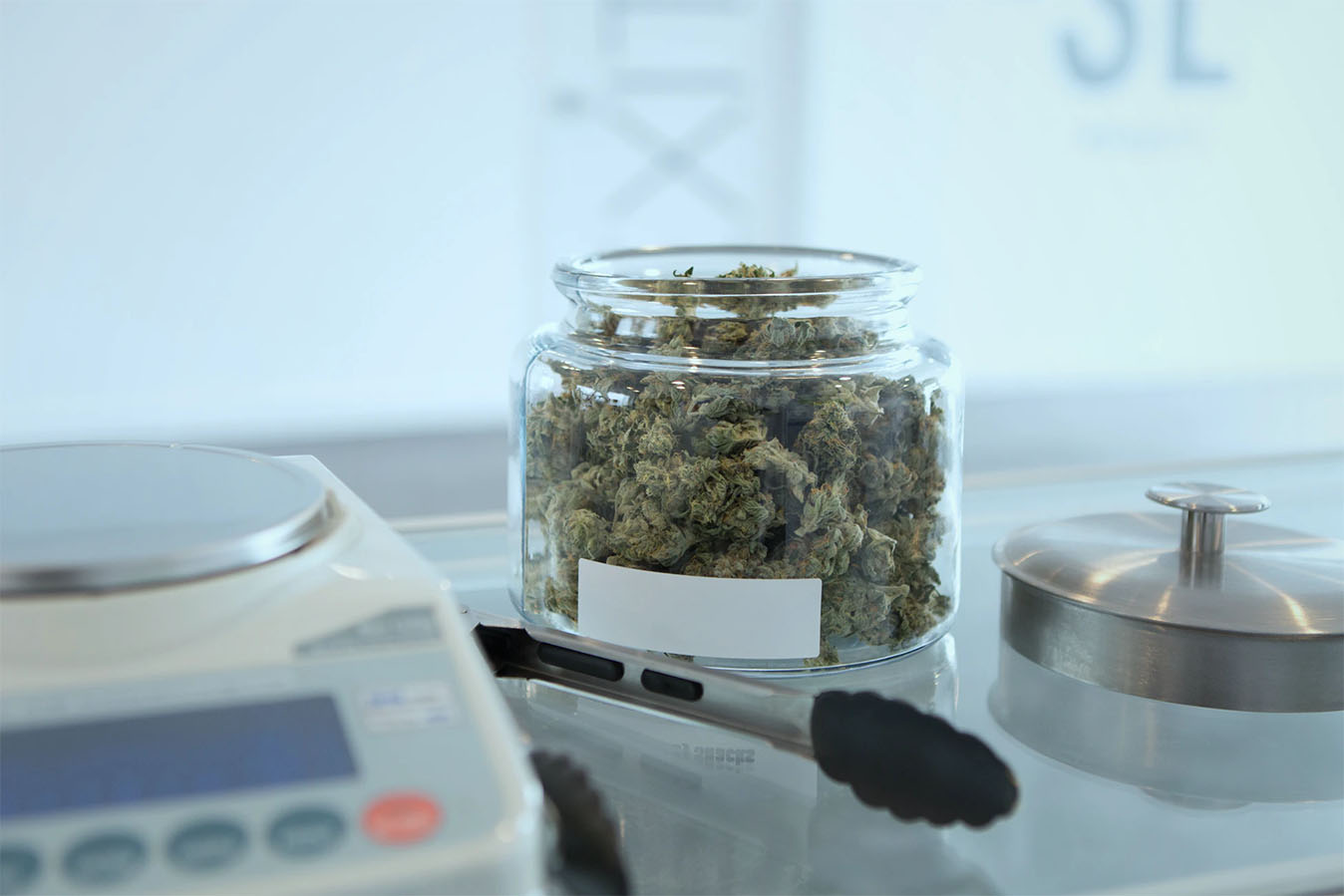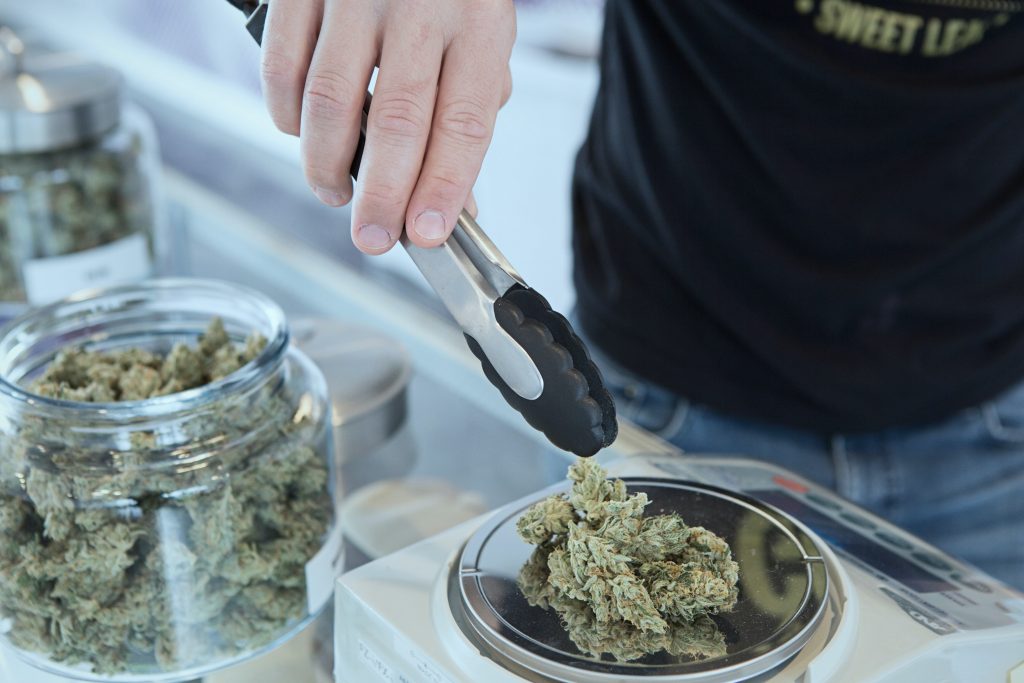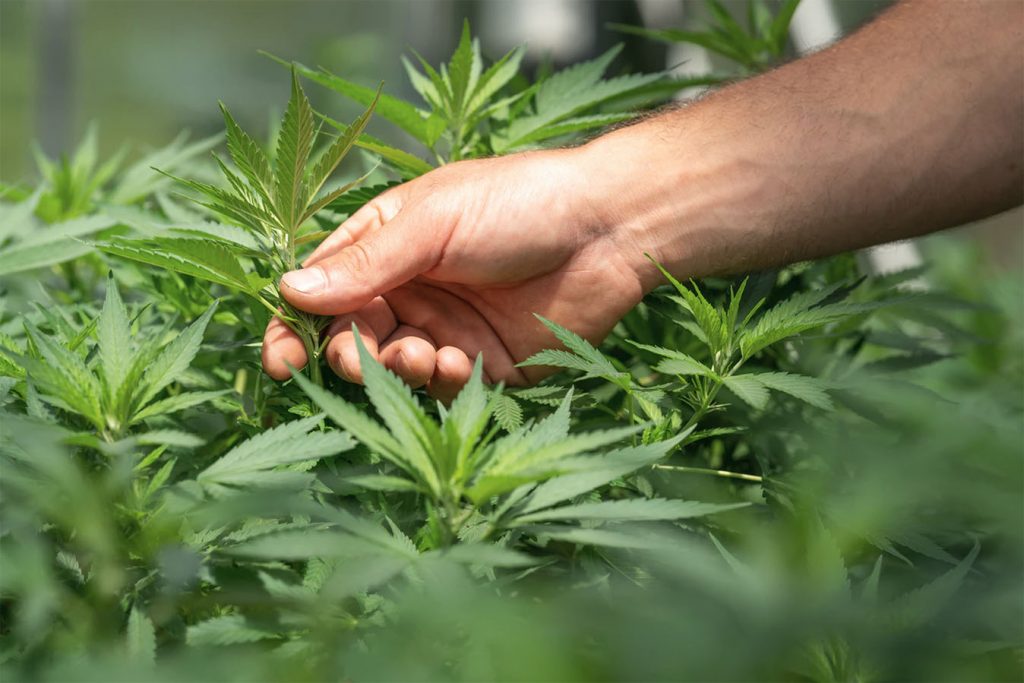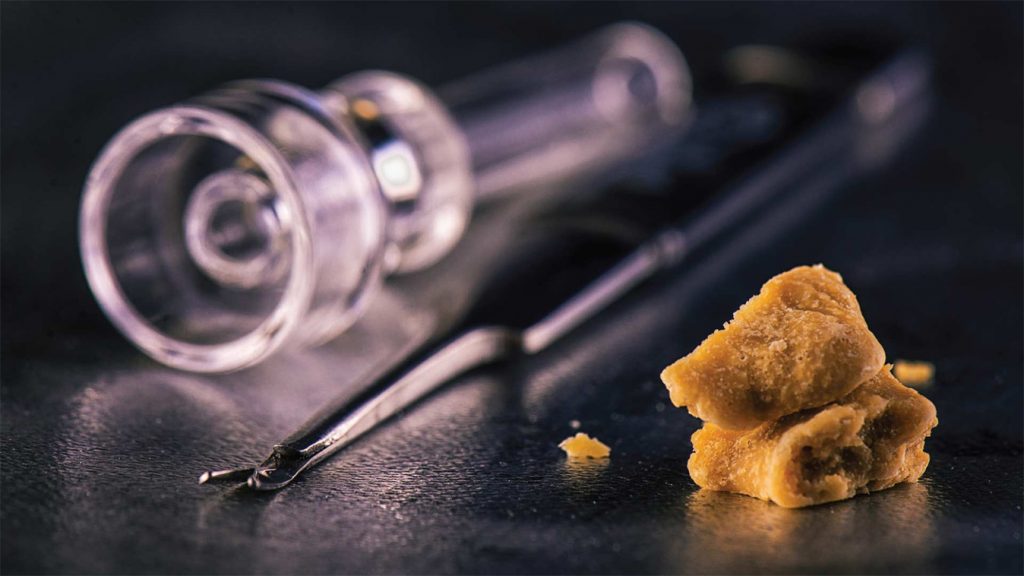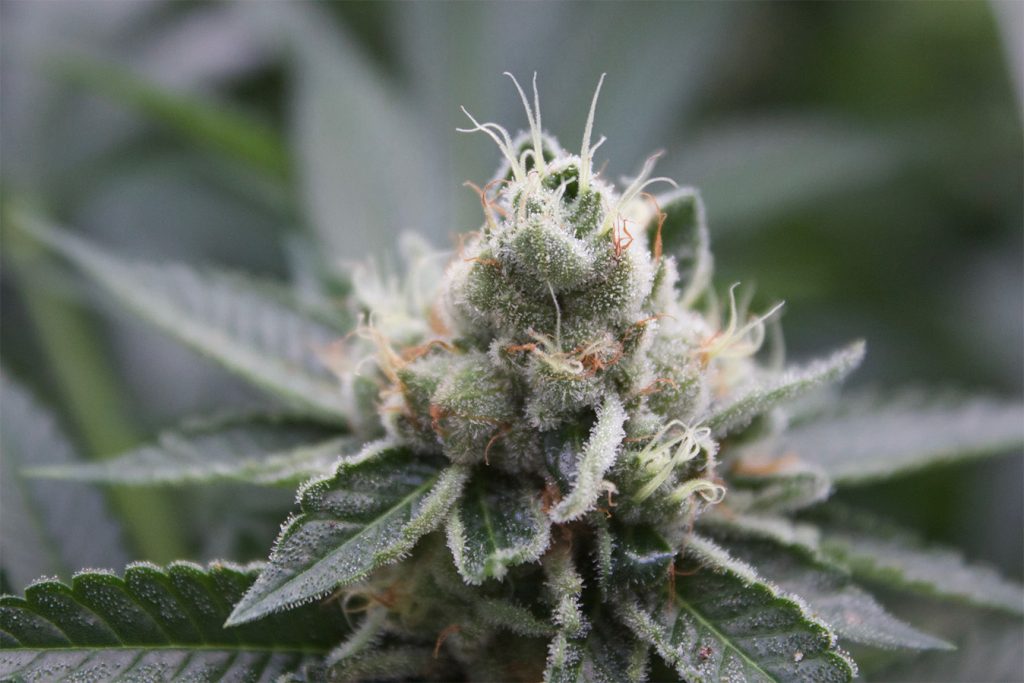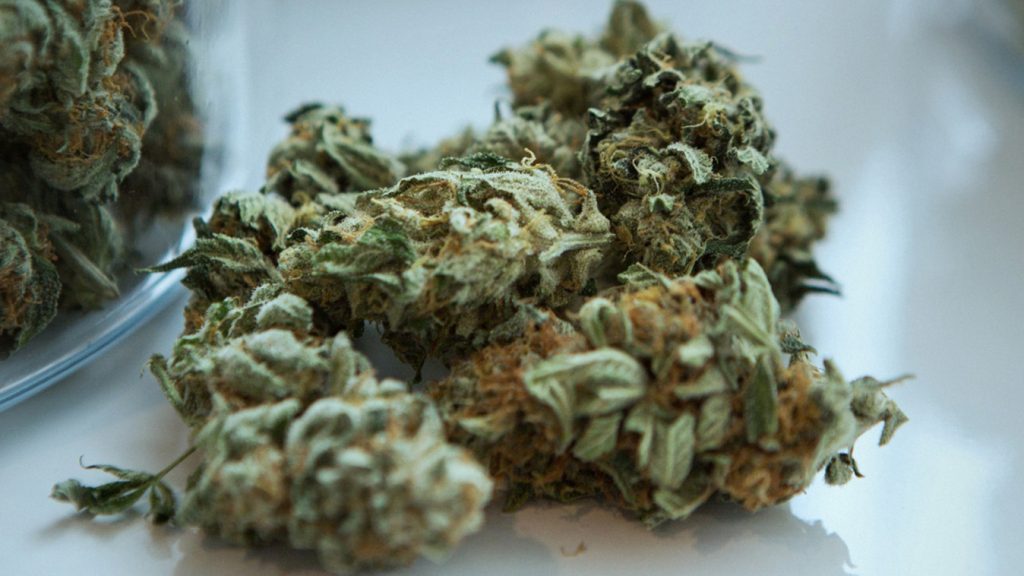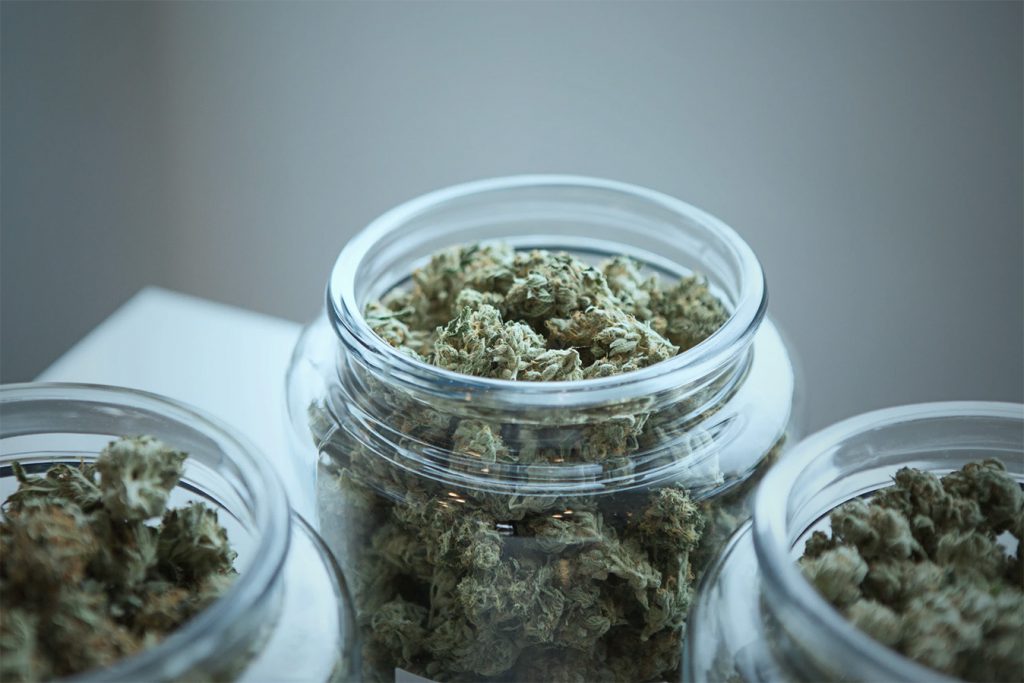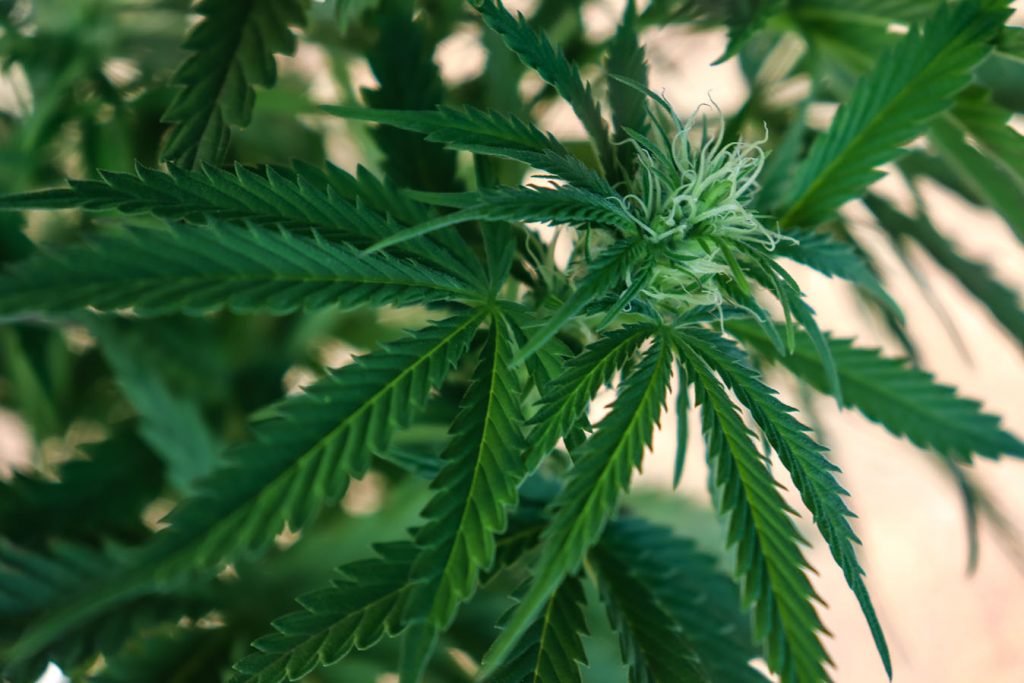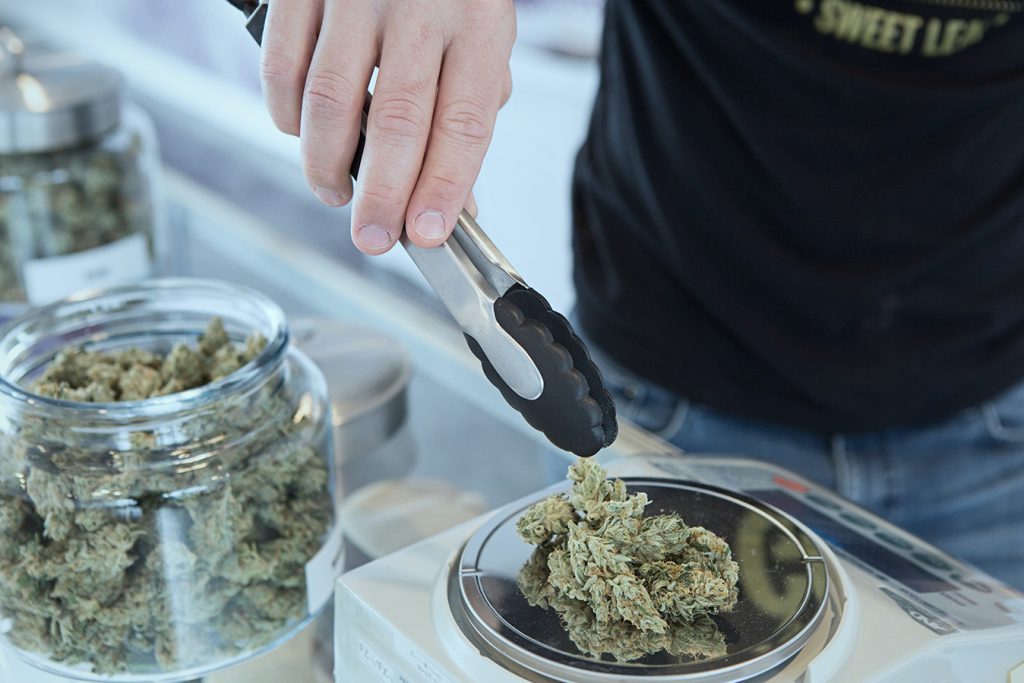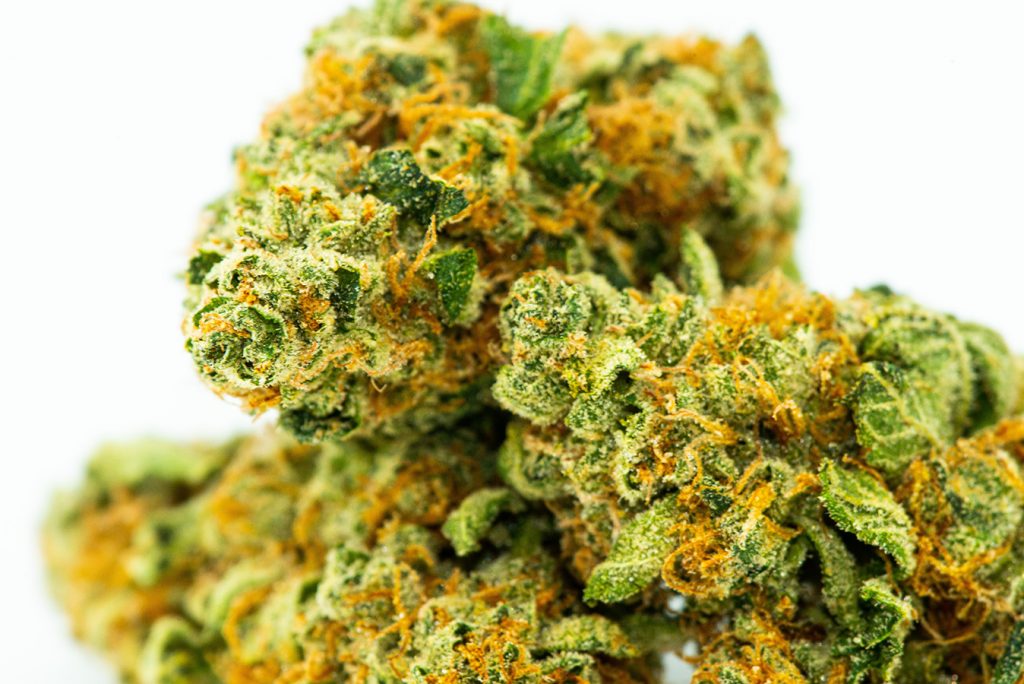Beginners to the world of cannabis often ask, “What exactly is the difference between THC and CBD?” To answer this, one must first know what cannabinoids are.
A main component in cannabis, cannabinoids are chemical compounds that induce a range of effects that affect our body’s Endocannabinoid System (ECS). In fact, there are well over hundreds of cannabinoids, but THC (tetrahydrocannabinol) and CBD (cannabidiol) are the most well known.
THC is the cannabinoid most common and sought after. It is the one responsible for the “high” euphoric feeling one experiences after consuming marijuana. Interacting with the ECS directly, it binds to cannabinoid receptors and can produce many affects.
CBD interacts indirectly with the ECS and regulates the ability of other cannabinoids to bind to receptors. Not as well studied as THC, some believe CBD can possibly negate the undesirable effects of THC like paranoia. Prior to the millennium, THC was at the forefront of most farmers and consumers’ minds, but CBD has begun to receive more mainstream attention.
What’s the difference?
The short answer? CBD does not get you high.
Technically speaking, both THC and CBD are categorized as psychoactive. However, CBD is not intoxicating while THC is.
Consumption of CBD probably won’t get you high. The calm feeling new users to cannabis experience for the first time may be mistaken as a high, but is not. Studies show that even at large doses, CBD cannot impair your motor or cognitive abilities.
THC is the complete opposite, inducing a high state and not only impairs motor & cognitive abilities, but can also affect memory and reaction times.
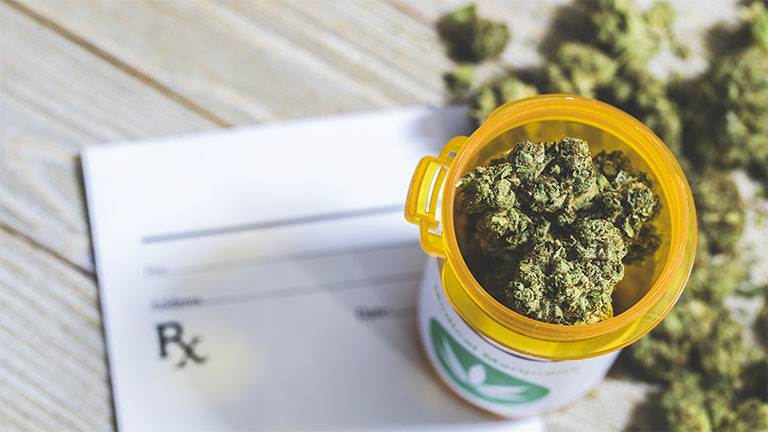
Medicinal use and application
It is often thought that THC is the “recreational cannibinoid” while CBD is the “medicinal one.” The truth is both have place in the medical world and offer potential therapeutic applications that are starting come up more in recent research and accepted by professional opinion.
Research on THC has found to help treat:
- Chronic pain
- Spasticity
- Nausea from chemotherapy
- Weight loss from HIV/AIDS
Research on CBD has found it to help with:
- Inflammation
- Neuropathic pain from MS
- Treatment-resistant seizures
- PTSD
- Anxiety
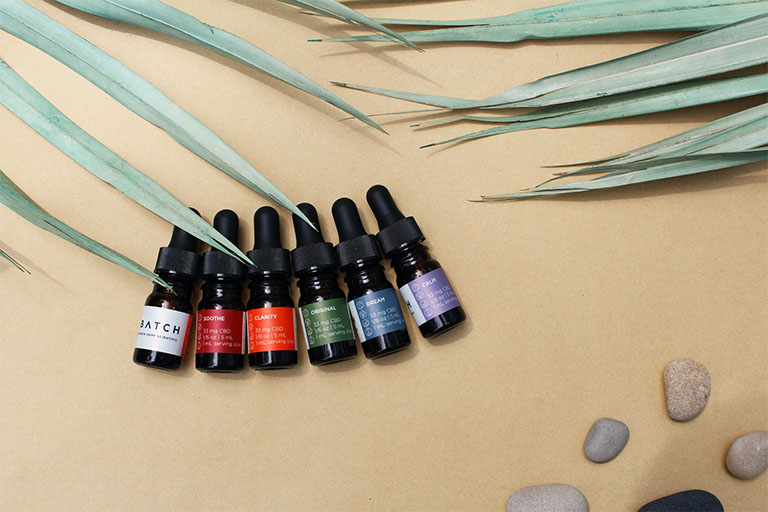
So are they both legal or not?
Since the advent of the Cannabis Act in Canada in October of 2018, consumers have become unsure whether the two are on equal standing or not.
THC and CBD are regulated in about the same way in Canada. Any cannabis product with either THC, CBD, or a combination of the two have to follow the same strict requirements.
In the United States, one can buy CBD-infused products straight from grocery stores and gas stations, but in Canada CBD must adhere to the same restrictions as THC.
Therefore, in Canada there is a flourishing black (or grey) market for CBD products.

